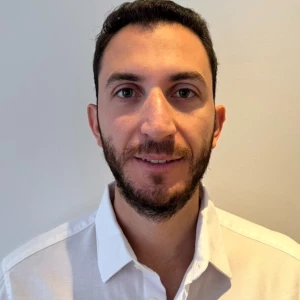Hi all,
I would like to seek your views on a topic regarding case interviews. Do you think it is appropriate to ask for permission from the interviewer?
I usually do this around 3 times in a case interview, asking questions such as:
"My next step is to XXX, is that fine with you?"
"I suggest we further investigate XXX. Does this direction align with your thoughts?"
"My assumption is XXX, does that make sense to you?"
"If it’s okay with you, I would like to proceed with XXX."
The reasons I ask these questions are:
1. To engage with the interviewer. I have heard that it is important to keep the interviewer in the decision loop, similar to how you would co-create decisions with a client. The principle I've learned is to ask question with potential solutions in mind, but the “client” will have their own preference.
2. To avoid going in the wrong direction by clarifying with the interviewer.
However, I am concerned that this approach may make me appear not confident and overly cautious.
In a case interview, do you think it is more important to:
1. Co-create decisions with the interviewer and always keep them in the loop, or
2. Act like a consultant in a real business setting, showing certainty, drive, and suggesting next steps firmly?
I would appreciate your insights on this topic!














